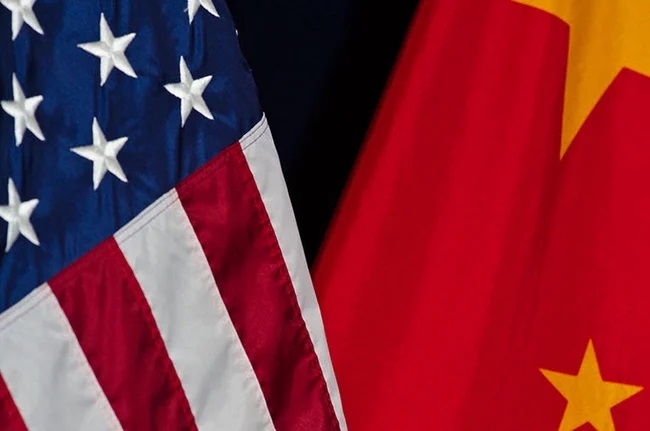The U.S. – China trade war continues to escalate with President Donald Trump’s announcement on August 23, 2019 that he would raise tariffs once again on Chinese goods. The announcement includes a tariff increase from 25% to 30% on $250 billion in goods currently taxed beginning October 1 and an increase on the remaining $300 billion in Chinese imports from 10% to 15%. The latter, which includes many consumer items, will take effect September 1, though many goods will remain subject to their normal duties until December 15.
China’s Retaliatory Tariffs
The President’s announcement was in response to China’s plan to increase tariffs on $75 billion worth of American goods. The 5%-10% tariffs will come in two waves, paralleling the U.S. program, with effective dates of September 1 and December 15.
China announced in the second wave of tariffs it would resume the 25% tariff on U.S. cars and a 5% tariff on auto parts and components. With the tariffs already in effect, the total duty on U.S. origin cars will be high as 50 percent. In addition to the auto industry, China has targeted many agricultural products including cotton, wheat, chicken, pork, and soybeans.
National Emergency
While China’s commerce ministry has warned the U.S. tariffs against Chinese goods would trigger consequences, President Trump ordered American companies to look for alternatives to China and suggested he might declare the escalating U.S.-China trade war as a national emergency under the International Emergency Powers Act of 1977 (IEEPA) in order to enforce that order. IEEPA gives the President broad authority to declare a national emergency and regulate a variety of economic transactions. The National Emergencies Act (NEA) puts some limits on these presidential emergency powers, including requiring the President to annually assess and extend, if appropriate, the emergency. Congress may also terminate the emergency under the NEA by via a joint resolution, a difficult but not impossible task. However, to date, congress has never attempted to terminate a national emergency invoking IEEPA.




